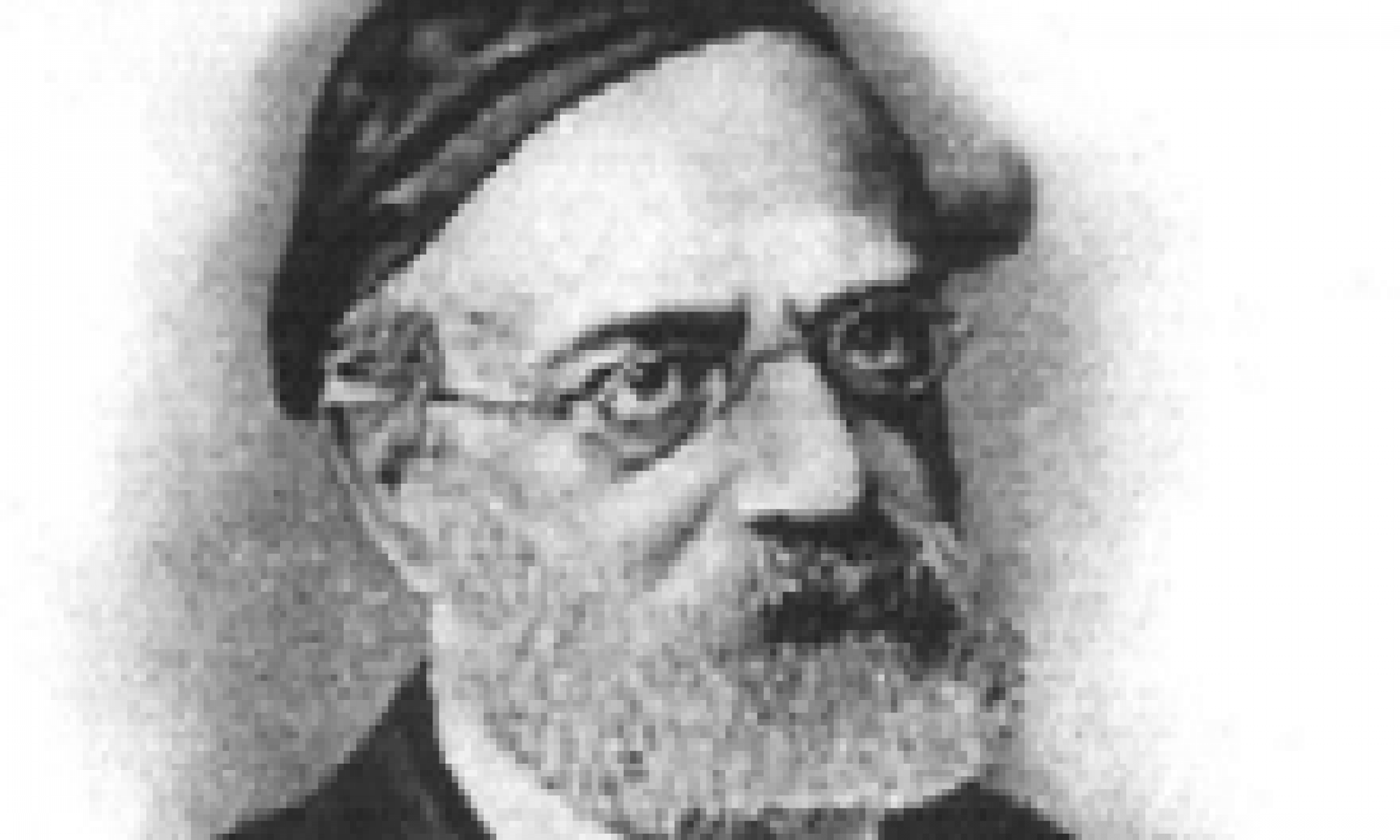To understand all the tragedies that occurred on the seventeenth of Tammuz, we must study the first tragic occurance in Jewish history on this day. That is the sin of the golden calf. We have been taught that every future catastrophe will be due in part to this sin and will have in part to make atonement for this sin.
On the 17th of Tammuz Moshe was to come down with the Luchos of the Ten Commandments. On that day Moshe found the Jewish people dancing around the golden calf and his reaction was to break the Luchos. The shattered pieces were gathered up and put together with the second set of Luchos to serve as a lesson for the future.
The Luchos were proof that God spoke with Moshe on Har Sinai. They also were to teach the manner in which God’s word was to be carried out.
- The Luchos were were made of stone, but written by the finger of God. This teaches that we must allow the earthly material to be moved and shaped by the finger of God. We must not allow the world of spirit and God’s word to exist in one area of our life and the world of the material to exist in a separate area of our life. Our whole earthly material should receive its stamp and value and its shape from the finger of God so that our earthly existence is a monument and a document given by God and testifying to God.
- The Luchos were written on both sides, מזה ומזה. The writing penetrated through the entire stone. This teaches that the word of God should not be received superficially. They must penetrate us, through and through, leaving an indelible stamp on us, visible every side we turn. The writing could be read on both sides. We are exhorted to be a Jew in every aspect of our lives. In relation to God there is no front side and reverse side. Every side faces God.
- The writing was the writing of God graven through, mastering the tablets. חרות על הלוחות. The word of God engraved on the stone became the master of the stone. The stone itself becomes spiritual, defying the laws of nature. The stone does not bear the writing. The writing bears the stone! The Torah carries Israel. Israel’s existence is one big miracle and it is God and His Torah that carries us. From our very beginning we were homeless slaves. Our entire existence is from God and to be dedicated to God.
The sin of the golden calf begins with our need to have a man lead us. The people felt they needed something in addition to the pure word of God. With complete faith in God and a strong commitment to carry out His word there is no need for anything else. Instead, religion became a cult. Even with the Torah in their arms they looked to other religions and cultures to emulate what others had created for themselves.
Later in our history we committed the same sin when we asked for a Jewish king that would lead us politically and militarily. This had its root in the same sin. They wanted to banish religion to the Temple and have a separate sphere for their homes, cities land and state.
Many years later this occurred again. After a period of awakening, the Maccabees who had earlier helped the nation fight Hellenism and recommit to the Torah, kept the position of king for themselves, rather than cede it to the tribe of Yehuda as the Torah dictates. They dissociated the state affairs with the Torah. The home and family was still permeated with the spirit of the Torah but it vanished from the conduct of the state.
Hirsch concludes this essay with the following message: We have been exiled and the state has been taken away from us. With only God to sustain us we have learned to stay faithful. From time to time throughout the exile God has showered us with good fortune and prosperity. This is a test to see if we are ready to return to have a state once more and to finally dedicate all aspects of our life to God and his Torah. Thus far we have failed that test. We have looked at prosperity and success as separate from the religious aspects of our lives. When that happens, it is taken away. God will continue this process until the time that we will be ready to completely dedicate everything to God.
Collected Writings, Volume 1
Pages 279-286

